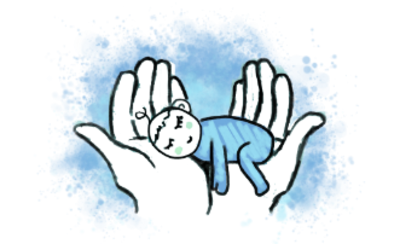
Supportive measures
Our treatment repertoire includes all options to optimally support the imminent onset of pregnancy for the patient.
From dietary supplements that promote fertility in both men and women, to special culture media for embryos.
We work with the latest scientific advancements and will integrate supportive measures into your personalized treatment plan.

